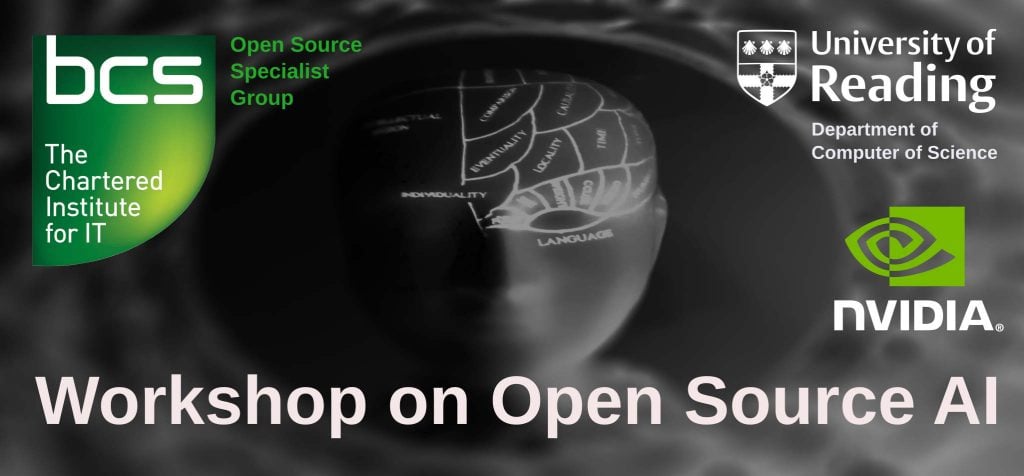Breaking the AI sound barrier with Doctor Syn

At the heart of every new technology, we find it a challenge to get more from less, to optimize. This has proven even more true in the emerging technologies AI and Machine Learning, where the demand for efficiency and optimization is driven not just by a need for high-performance systems, but for squeezing every drop of available computing power out of smaller, more limited devices at the edge.
Despite the demand, many of the core “optimized” libraries upon which AI applications are based were written many years ago, and are not designed to be able to take advantage of modern computer hardware and compiler technology. This has created an AI “sound barrier” that has yet to be broken in which AI code is limited to a certain performance.
In our upcoming talk at the next BCS meeting (16th December), we discuss our new library Doctor Syn, which creates optimizations of arbitrary math functions, by fully advantaging SIMD, multi-threading, and auto-vectorization. We achieve 30x or more speedups over traditional libraries in C, C++, Rust, and FORTRAN, without making the code platform or language-specific.
The AI Sound Barrier
While great effort has been expended in key function optimization, current techniques are unable to efficiently utilize modern compiler technology in order to take advantage of all of the opportunities for parallelism that are available. This leads to the situation in which users are forced to make unfavorable trade-offs between accuracy and speed, with no implementation that is both fast and accurate.
The result is a compromise that has been the status quo for several decades now and, ultimately, there have been very few improvements to math libraries since apart from hand-written assembler versions of older functions. This has created the eponymous AI “sound barrier” of this blog post that has yet to be broken.
Breaking the AI Sound Barrier
The problems that underlie the AI sound barrier run deep. Existing functions struggle to leverage available modern technologies properly because of shared or static libraries, branches, or lookup tables, and, in many cases, fundamental incompatibility. Doctor Syn solves these problems, not by iterating on existing technology, but by leveraging a fundamental rethink of function optimization that utilizes a generic form of optimal polynomial function approximation. This polynomial approximation is in a form that guarantees the technologies of SIMD, multi-threading, and auto-vectorization can be maximally exploited.
Doctor Syn is a technology that is platform and language agnostic, and, both inside the realm of AI and out, can be generically applied to any function with a well-defined domain.
You can hear more about our Doctor Syn by attending the upcoming talk on 16th December, read more about the technology in our blog here, or get in contact with the authors (Embecosm and Atomic Increment) at william.jones@embecosm.com or andy@atomicincrement.com.
